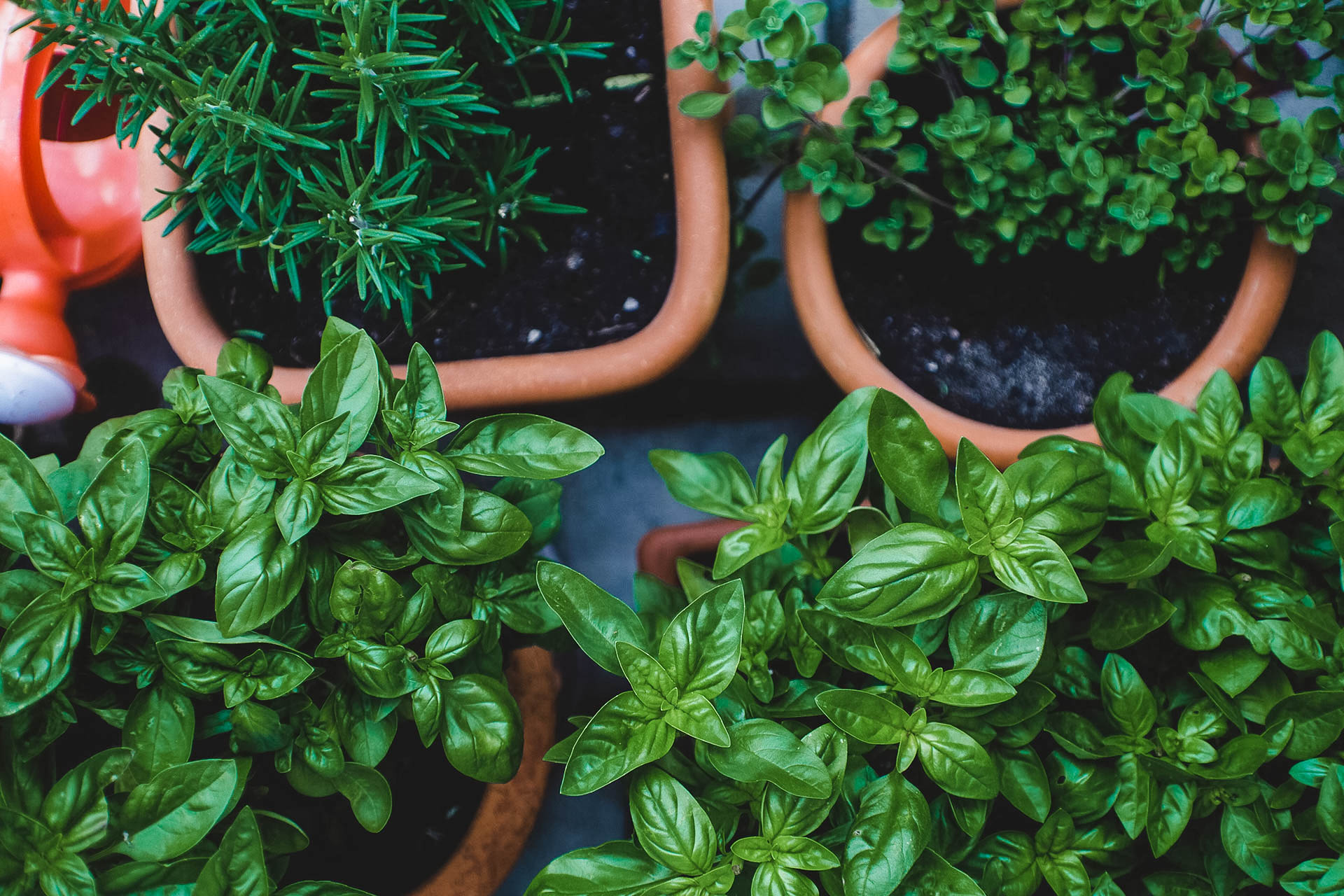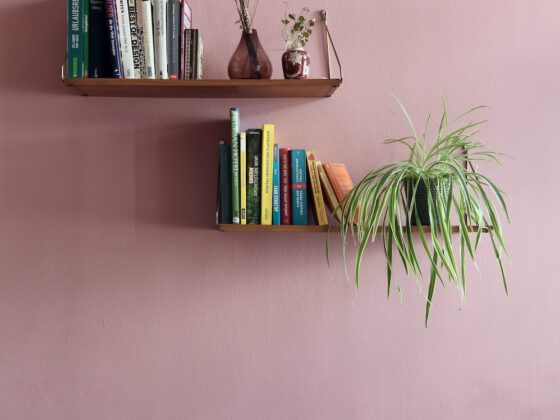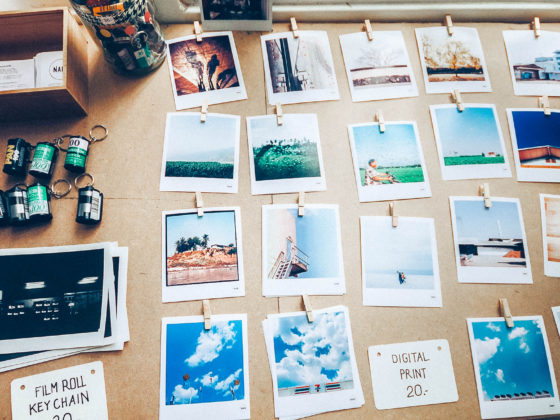I’m not giving up my shampoo…yet.
Living a completely sustainable life at home is incredibly difficult. Not only is our environment set up completely against sustainable living (washer/dryer units, need for A/C or heating, etc.), but it’s also confusing to navigate. People on their blogs and YouTube channels will tell you their opinions of what you absolutely 100% need to get rid of or stop doing.
That kind of pressure is unhelpful. Switching things over is expensive and many times not practical (like if you’re renting out a property and you don’t have control over many things).
I want to share with you a few steps we have taken in our own household to produce less waste and be more environmentally conscious. We’ve been in a place of being so overwhelmed by the need to do everything that we were paralyzed into doing nothing.
It’s not only OKAY to take baby steps, it’s necessary. Take our ideas if you’d like, be inspired to do your own, and most of all, do what makes sense for you.
1) Unpaper Towels

It took us a few tries to get this one right.
Basically, we were using a ton of Bounty. Way too much. We realized how quickly we were going through it, and made the decision to invest into a one-time purchase of reusable paper towels.
Our first order was made through Etsy, from a company in Scandinavia. Once they finally arrived, we were excited, but quickly found it underwhelming to use them.
They were double-layered, which made it difficult to clean things effectively. And they had plastic clasps so you can link them together and unroll them like paper towels. The feature was more gimmicky than anything else.
So we were on the lookout for another option, and purchased some white simple towels from Crate & Barrel. Well, those weren’t very elegant, nor did they hold water very well.
It was on the third try that we bought these beautiful lemon-patterned unpaper towels in a local Seattle shop.
We breathed a sigh of relief; they were perfect!
They are sold online as well: https://www.marleysmonsters.com/products/lemon-unpaper-towels?variant=12314900070484
2) Composting #compostinglife

In Seattle, it’s mandatory to compost. Honestly, it’s surprising to go somewhere where composting isn’t mandatory. It seems…wrong.
Luckily, we have a compost bin outside of our apartment, so it’s easy to get those smelly food bits out of our home quickly.
Composting is one of those things that sounds glamorous when you think about it but feels gross once you start doing it. There are a ton of different ways to compost. We don’t have a yard, so anything related to composting outside is out.
I purchased the Polder Compost Bin because I thought it looked cool, and it turned out to be an awesome purchase. It’s flexible silicone so you can invert it to get out all the food scraps from the bottom and you can run it through the dishwasher. Nice! (This is not sponsored.)
The only tricky part is managing fruit flies in the summer. We set up a few fruit fly traps and it’s all good.
I started putting baking soda in the bottom every time I clean it out to keep odors out. It’s a good solution and keeps us composting on a regular basis.
3) Reusable Grocery Bags FTW
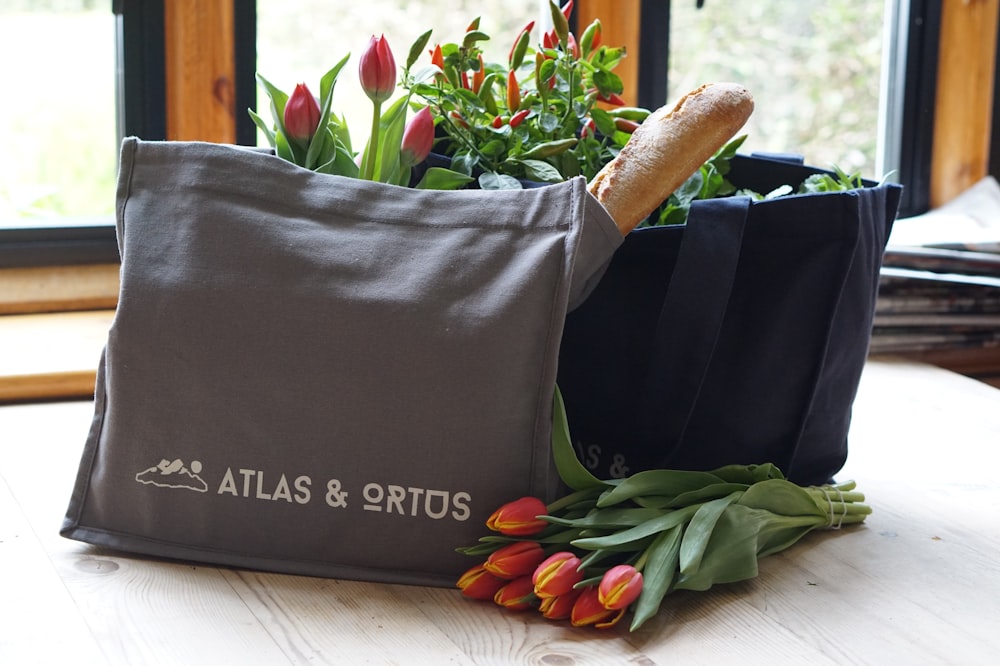
We have three reusable grocery bags in our rotation. Too often we forget to take them or we purchase lots of groceries randomly while we’re out, but more often than not we remember to take them with us.
It makes me feel extra good when we take our reusable bags to the local farmer’s market!
My ideal life is having our own garden and a community farm that we can get all of our ingredients from. The local farmer’s market is a good (realistic) substitute. And the local store supporting local farms comes in third. We’re getting as close as we can given our current constraints.
Getting back to the point, reusable bags are a wonderful and simple way to reduce the amount of one-time bags out in the world and in your home. I like to be in touch with how much waste we produce to stay conscious of it. The more you think about it and the more it bothers you, the more creative you’ll get about finding ways to reduce it.
4) Second-Hand Clothing is All the Rage
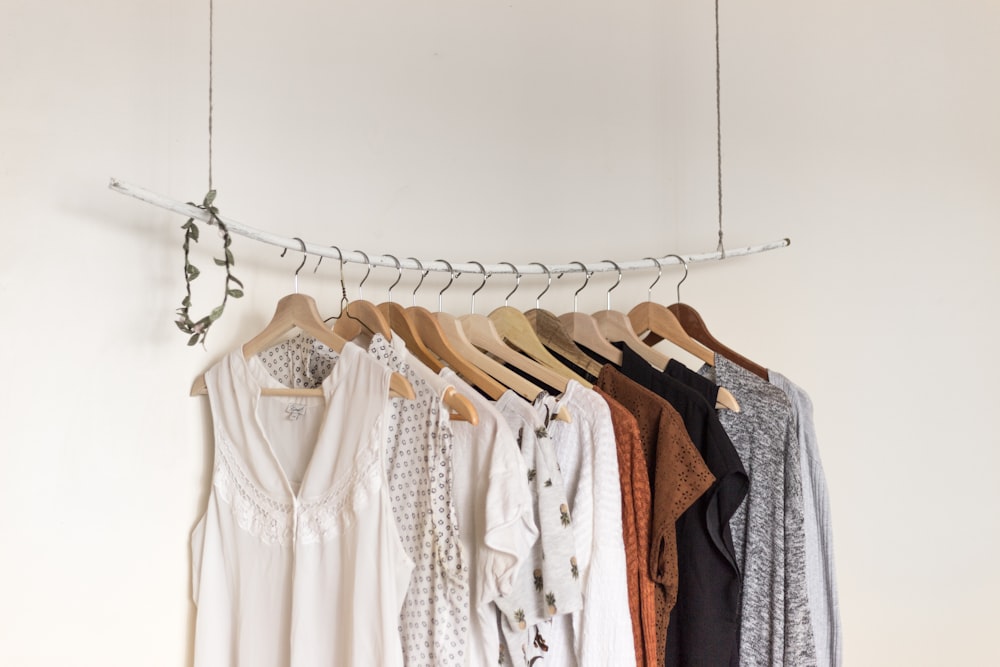
The second-hand clothing market is HUGE right now. Services like ThredUp, Poshmark, and eBay are filled to the brim with used clothing. Goodwill and Value Village are also bursting at the seams with donations and good finds.
I discovered the second-hand clothing market about a year ago when I was trying to save money and still buy nice clothes, and I was pleasantly surprised by what I found.
Not only are there incredible deals (if you know where to search and you put in the time), but there is also so much opportunity to keep your clothes at a minimum while keeping your closet fresh.
I’m not a particularly high-fashion person. However, I do like to keep staples in my closet and I don’t like to have a ton of clothes that I don’t wear just hanging around.
Instead of throwing things out or just keeping them in my closet “just in case,” I’ve started selling them online. I have a store up on PoshMark, though I’m considering venturing out and offering items from my closet elsewhere, too (as part of my business ventures that I’m constantly exploring).
It’s amazing how much waste the fast-fashion industry produces and how much of an impact the used clothing industry can make. I love keeping my closet clean and keeping things out of landfills.
More than 60 percent of fabric fibers are now synthetics, derived from fossil fuels, so if and when our clothing ends up in a landfill (about 85 percent of textile waste in the United States goes to landfills or is incinerated), it will not decay.
Tatiana Schlossberg, “How Fast Fashion Is Destroying the Planet.” The New York Times. 2019.
Read more about Thrifting Industry benefits here.
Small Steps Matter
There you have it – a few ideas for what small steps you can take to live a sustainable life that you feel good about.
We’re constantly exploring options and testing things out. We have reusable water bottles (they’re awesome), I’ve tried out reusable face rounds (still getting used to this one), and we grow some of our own veggies in the summer time (it’s mostly experimentation that sometimes goes right).
Have you implemented sustainable practices into your life? Comment below and share your experiences!
